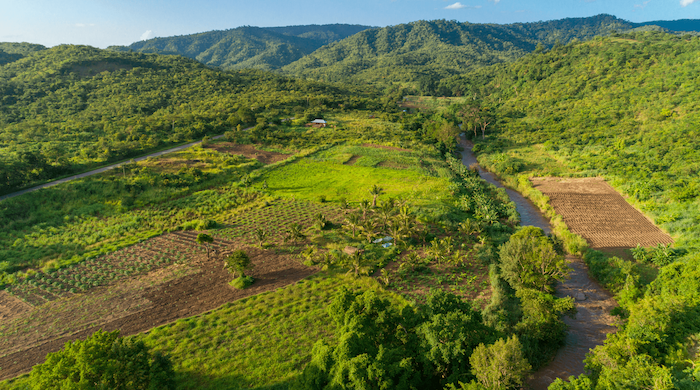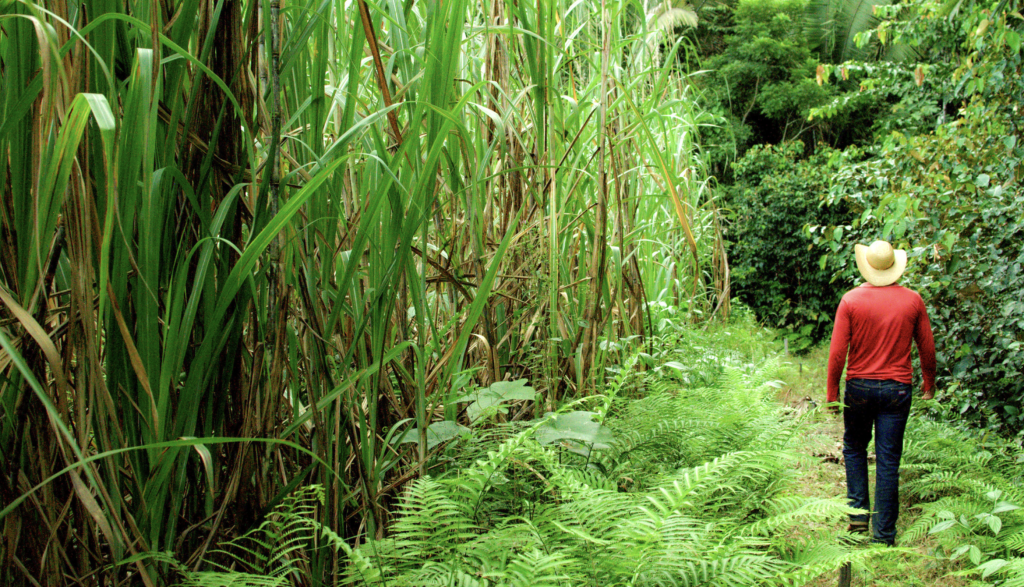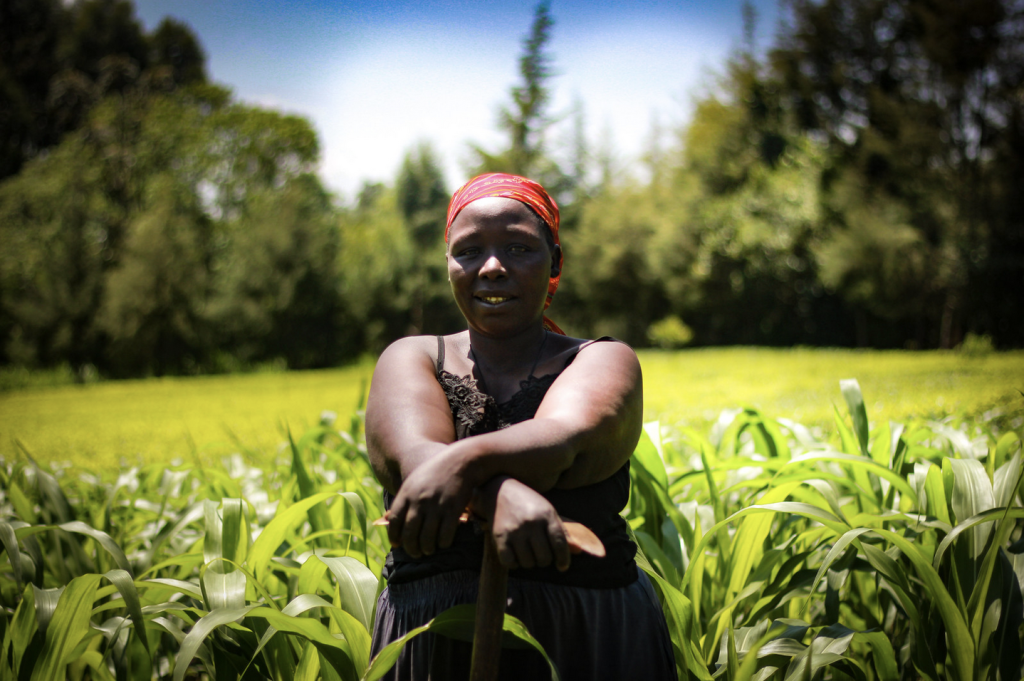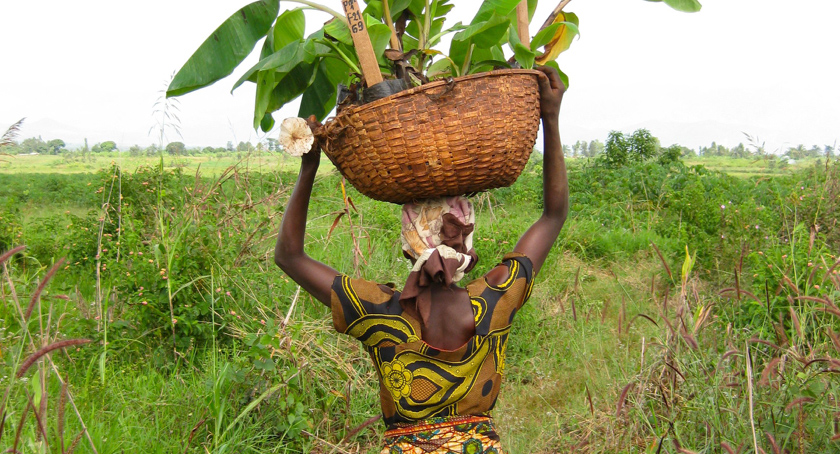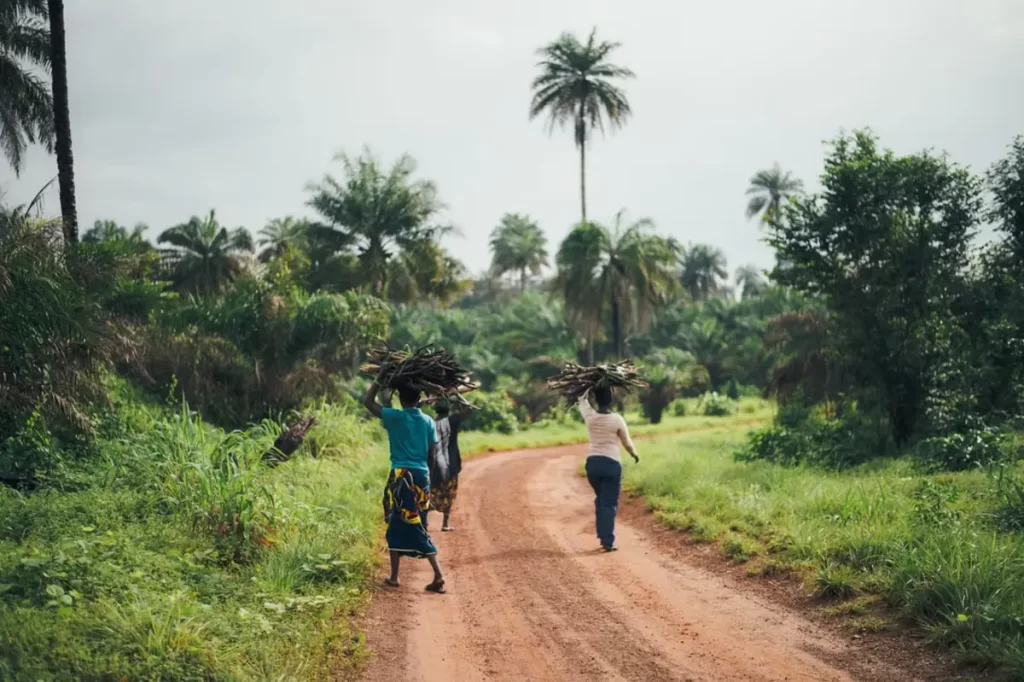Driving agroecological transitions in the humid tropics of Central and Eastern Africa through transdisciplinary Agroecology Living Labs (CANALLS)
Funded by the European Union under Grant Agreement No.101083653, CANALLS is a HORIZON Coordination and Support Action that commenced in January 2023. This ambitious project will span a duration of 48 months, during which it aims to facilitate knowledge exchange, promote innovation, and enhance the resilience and productivity of agricultural systems in the humid tropics of Central and Eastern Africa.
The humid tropics of Central and Eastern Africa hold much promise for enhancing food and nutritional security within and beyond Africa. With a rich variety of agroecological zones and diverse farming systems, they are home for a great part of the rural population and a large diversity of living organisms, offering vital ecosystem services and potential for sustainable development. Still, if we are to tap into this potential, we need to address the complex environmental, social and economic challenges they face, which in cases are exacerbated by conflict and high vulnerability.
Project scope and aim
CANALLS aims to drive agroecological transitions in the humid tropics of Central and Eastern Africa via multi-actor transdisciplinary Agroecology Living Labs (ALLs). Our vision is to create a growing network of ALLs that leverages EU-AU cooperation to conduct transdisciplinary research, offer scientific support and drive coordinated action for delivering holistic solutions that help shape enabling conditions for agroecological transitions.
In order to achieve its overall objective and realise its vision, CANALLS is set on achieving the following objectives:
- Establish Agroecology Living Labs, engaging multi-actor stakeholder communities in transdisciplinary research to identify and co-create the conditions and tools to support agroecological transitions.
- Co-develop practical tools to identify combinations of agroecological practices tailored to the humid tropics of Africa as well as to monitor and measure their socio-economic and environmental performance.
- Co-design services and marketing tools to enhance demand for agroecological food products as well as fair value propositions and business models to ensure financial viability and facilitate access to markets.
- Co-create, test and evaluate agroecological strategies suitable for the humid tropics of Africa, tackling complex socio-economic and environmental challenges of food systems in line with policy priorities.
- Support and build capacity for the adoption of agroecological practices, leveraging knowledge exchange, policy dialogues and coordination with key networks for dissemination, exploitation and replication.
Modality
The projects starts off with 8 ALLs in DRC, Burundi, Cameroon, and Rwanda, working alongside and enabling over 20,000 farmers and value chain actors to co-create and benefit from optimal combinations of agroecological practices – focusing on crops that are vital for subsistence and economic development (cocoa, coffee, cassava, rice, maize). The project’s key actors engage in solid multi-actor collaboration with rural communities, advisory services and governments to develop a holistic assessment framework and evaluate the socio-economic and environmental performance of the co-created practices (accounting for trade-offs and synergies). Finally, the projects uses the comprehensive evidence generated to build capacity and share knowledge (practice abstracts, replication guidelines, policy recommendations) as well as to deliver fair, inclusive and sustainable business models along with services and tools for facilitating access to markets and enhancing demand for agroecological products.
Timeframe
Project duration is 48 months, from January 2023 until December 2026
Key members and partners
The CANALLS consortium, led by the Centre de Cooperation International en Recherche Agronomique pour le Developpement (CIRAD), consists of 20 partners and 2 associated partners across 7 European and 6 African countries, such as France, Germany, Norway, Greece, Belgium, Switzerland, United Kingdom, Nigeria, Democratic Republic of the Congo, Cameroon, Burundi, Rwanda, Uganda.
Key members and partners include:
- CIRAD – project’s coordinating entity
- International Institute of Tropical Agriculture (IITA)
- University of Hohenheim
- Norsk Institutt for Biookonomi (NIBIO)
- Q-PLAN International
- Rikolto International
- Catholic University of Bukavu
- L’Association Paysanne pour le Développement Intégré au Sud-Kivu (APDIK)
- L’Institut de Recherche Agricole pour le Développement (IRAD)
- Société Cooperative avec Conseil D’Administration pour le Manioc (SCOOP)
- Institut des Sciences Agronomiques du Burundi (ISABU)
- Rwanda Agriculture and Animal Resources Development Board (RAB)
- Coped Ltd
- Maggot Farm Production (MFARM)
- African Forum for Agricultural Advisory Services (AFAAS)
- Naturland – Verband für ökologischen Landbau
- L’Institut nationale pour l’Etude et la Recherche Agronomiques (INERA)
- Action Globale Pour le Develoopement Durable Services (GASD)
- Cameroon Forum for Agricultural Advisory Services (CAMFAAS)
- Confédération des Associations des Producteurs Agricoles pour le Développement (CAPAD)
- ETH Zürich
- African Agricultural Technology Foundation (AATF)
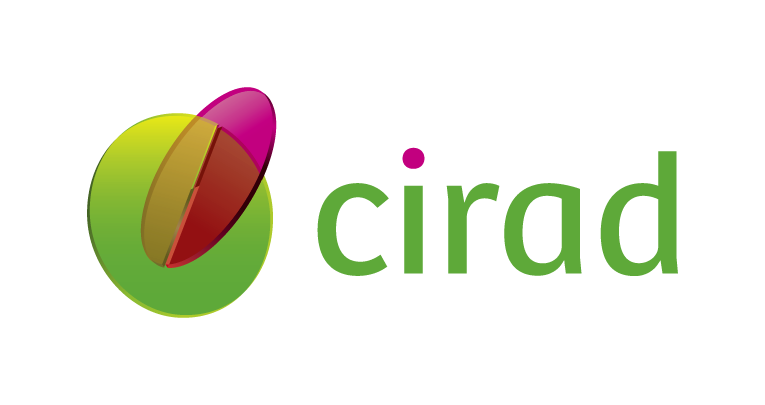
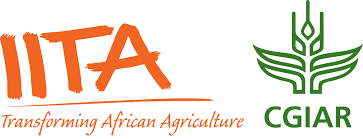
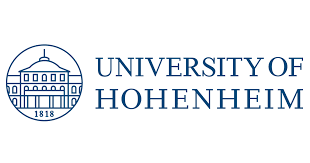
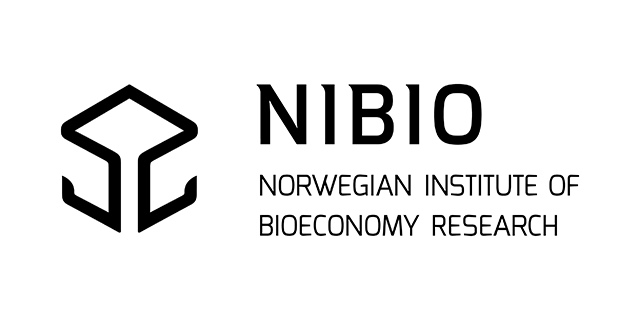


Related resources
- Project website can be accessed https://www.canalls-project.eu/
- Related resources: https://www.canalls-project.eu/resources/press-release and https://www.canalls-project.eu/resources/promotional-material
- Social media accounts: LinkedIn | X or Twitter | Facebook | YouTube
- Project video: https://www.youtube.com/watch?v=OO0g–UX-SQ
Location
CANALLS sets up 8 Agroecology Living Labs (ALLs) and respective use cases based on a combination framework of different agroecological zones and forest transition phases in the Democratic Republic of the Congo, Rwanda, Burundi and Cameroon. The use cases have been specifically selected based on existing agricultural projects and innovation platforms of our local partners to offer great representativeness in terms of farming contexts and socio-economic conditions.
More specifically, there are 4 ALLs in DRC, 2 ALLs in Burundi, 1 ALL in Cameroon and 1 ALL in Rwanda.
Key contacts
- Marc CORBEELS – CANALLS Coordinator (CIRAD), email: marc.corbeels@cirad.fr
- George ACHIA – Synergies’ responsible (AATF), email: g.achia@aatf-africa.org
- Kiki ARGYROPOULOU – Communication and Dissemination Manager (Q-PLAN), email: argyropoulou@qplan-intl.gr
Added project value to Agroecology TPP
The coordinating body of the project, CIRAD, is already a member of the Agroecology TPP, while the project’s approaches and those of the Agroecology TPP are to a great degree aligned and consistent. CANALLS can strengthen the agroecology dynamics in Central and Eastern Africa as the Agroecology Living Labs are located in this area. Also, CANALLS partnership includes important organizations that will be strongly engaged in all project processes to facilitate the agroecological transition.
Moreover, CANALLS will generate and disseminate relevant knowledge for the TPP participants on the selection of agroecological practices, with the co-creation methodology to be followed. CANALLS will bring in experiences, evidence and lessons learned from partners in which agroecological approaches are implemented to fill existing knowledge and implementation gaps.
Added value to the organisation running the project
The TPP can provide great added value in terms of knowledge exchange, synergies building, and promotion. The project results can be disseminated within and through the different TPP channels and members, while the extensive network of TPP will facilitate the launch of synergies and connections with sister initiatives, programs and research projects in similar areas of interest. The project outcomes could be presented as additional tools and processes that could be considered by stakeholders and policymakers when designing transformative pathways.

